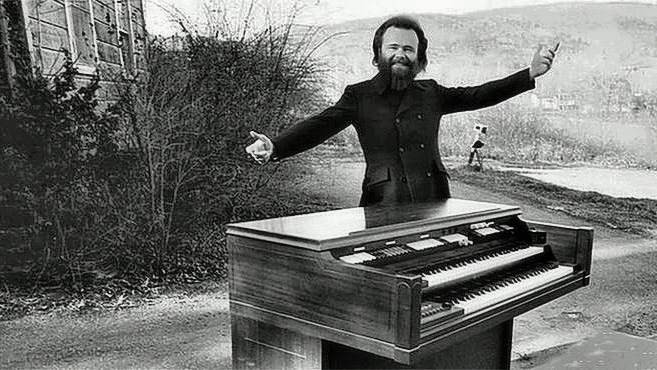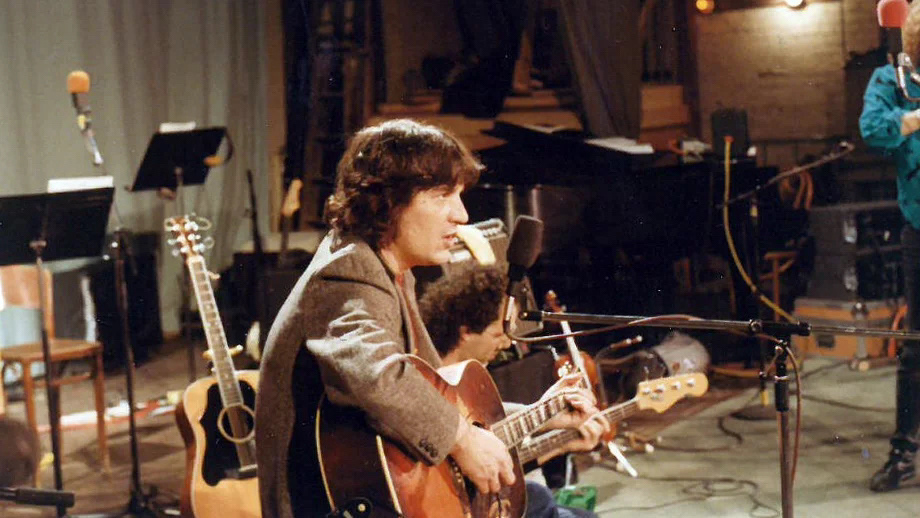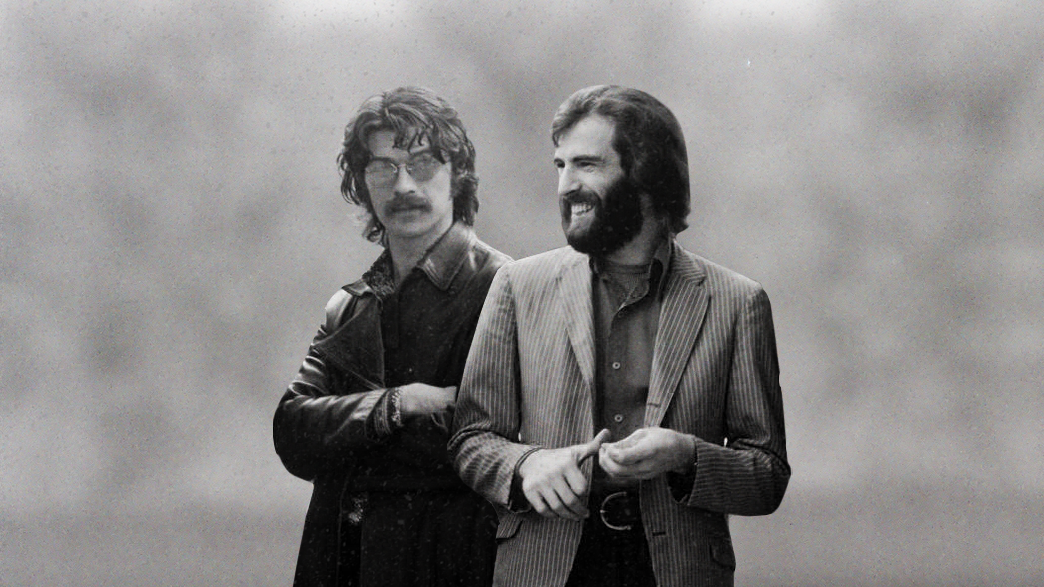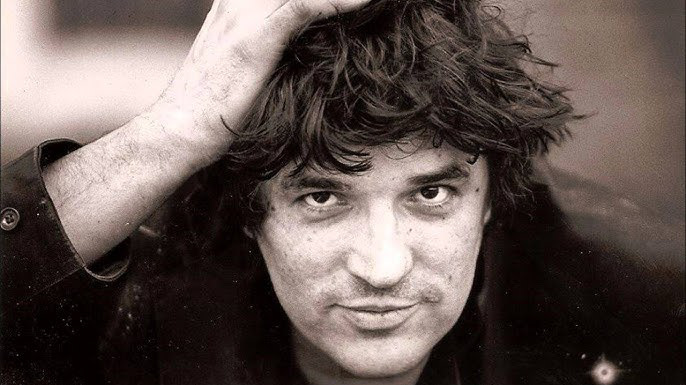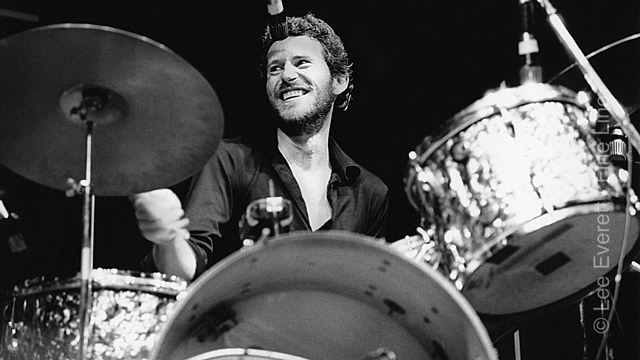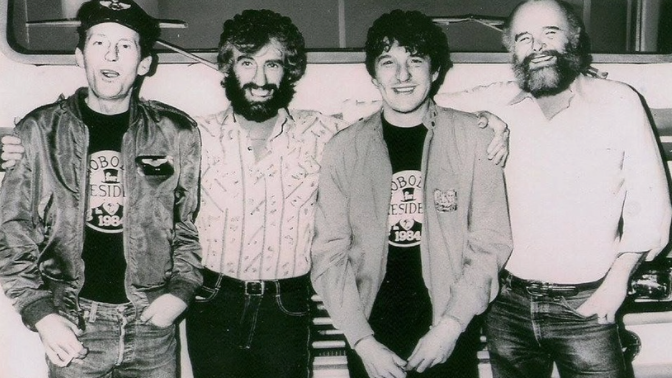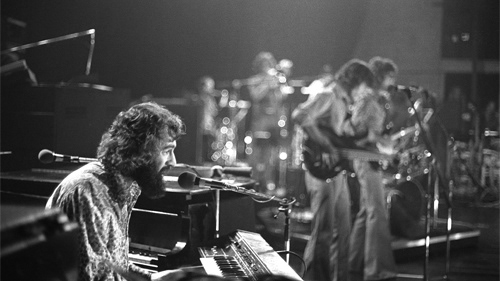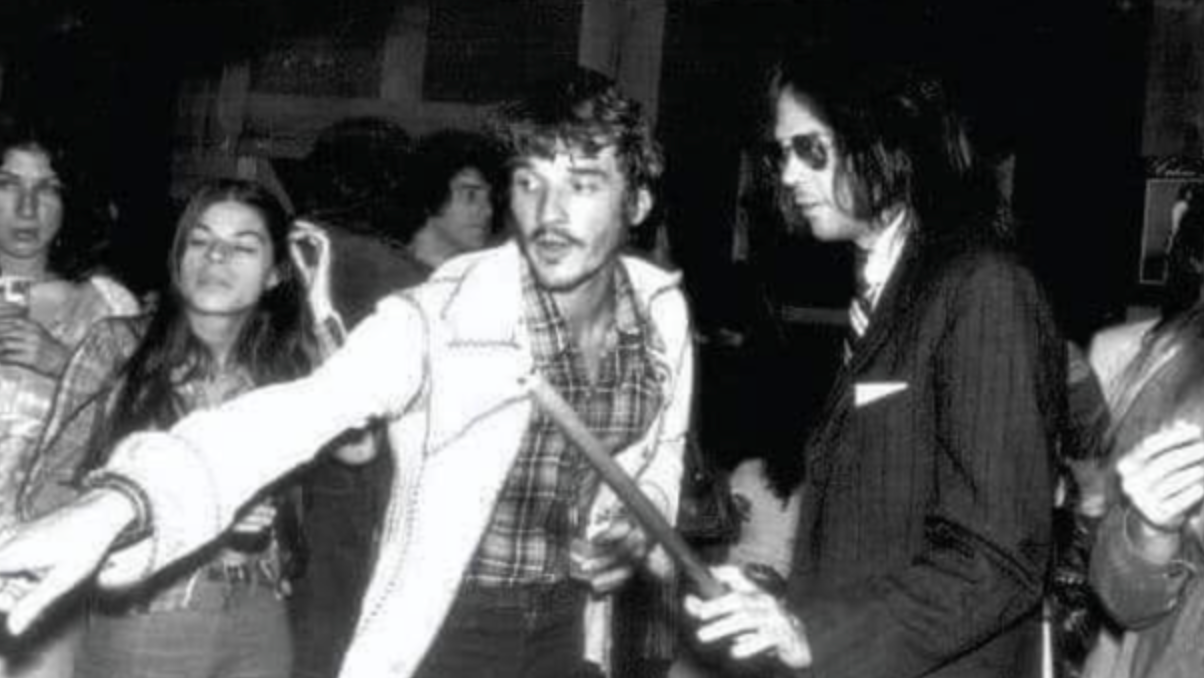Rick Danko, In Studio, 1970s.
We've talked about it in depth before, but by 1976, Robbie Robertson had taken full control of The Band from business to songwriting. The once strong efforts and collaborations from Richard Manuel were not present. Robertson has often stated how he struggled without help from his bandmates when it came to songwriting. You can tell on the uneven efforts of records like Cahoots. However, Rick Danko was starting to develop as a songwriter himself. Humour me, but similar to George Harrison, his songwriting prowess began to develop later than some of his bandmates. He was also allowed the opportunity to contribute.
Danko was also beginning to work on his own material. Signing with Arista Records as a solo artist, Danko was now more comfortable as a songwriter and in the studio as a producer. "Street Walker" is born out of a collaboration between Danko and Robertson, which seemed perfect given what both musicians wanted at the time.
Occupying the second slot on the album, "Street Walker" invokes all the sleek sleaze The Band had been gravitating towards starting with Cahoots. The song paints the picture of a dark, urban environment that features down-and-out characters. There are parallels to earlier characters The Band often writes about, but now instead of rural caricatures, we find ourselves featuring those who live in the big, bad city.
For those unfamiliar, a streetwalker is another name for a prostitute. The song tackles three perspectives in the three verses. First, the person seeking the affections of a hooker, "I'm looking for action, something real tight" before moving into the perspective of the streetwalker, "I've been on this corner so long" and lastly the pimp that is hustling the prostitute. Each verse paints a rather bleak portrait of their daily lives. Interestingly, the song doesn't cast these characters into "good" or "evil" archetypes. You see from their perspective tribulations and dangers in the city and how they are all true victims in their own way.
While the verses are perhaps more interesting from a storytelling perspective, the chorus structure is interesting. Each chorus is slightly different, furthering the narrative, but features a refrain with the lyric, "in the city" further hammering home the theme. The chorus helps break up the rather dense and jerky nature of verses, allowing more breathing room. Oddly, it doesn't feature extensive harmonies you'd come to expect on other efforts.
Moreover, the musical arrangement is big, brash and features heavy horn usage, busy piano and biting guitar. The Band was also never afraid to stray from the regular rock song structure, featuring a great duo solo that heavily features Garth Hudson's saxophone that interweaves with Robertson's staccato guitar similar to "It Makes No Difference". The piano is sourced to have come from Manuel, which I am skeptical about. Richard was an excellent player, but his style is more rhythmic and punchy, here we are all over the place. The piano is far more of a lead instrument on this track and helps create the melody which is something more typical of Garth Hudson.
Speaking of rhythm, Danko and Helm hold it down very well. Danko is at his grooviest, channelling his inner James Jamerson. It's not overcomplicated but picks the right spots to show off. Helm is in his element, keeping a sharp backbeat that gives "Street Walker" that extra swagger and attitude.
Overall, "Street Walker" is a tune that defines the stylings and sensibilities of The Band during their mid-70s era. It's dark, moody, even sexy. It features more urban themes, something that was in no doubt inspired by their lives not only from their roots in Toronto but their current lives in Los Angeles. Additionally, "Street Walker" is a great peek into Danko as a growing songwriter and his interesting pairing with Robertson.
For more content consider contributing to The Band: A History's Patreon.

